

NYSVMS eNews The Horse Equine piroplasmosis, much like the well-known tick-borne illness Lyme disease, is transmitted to horses via tick saliva. However, the protozoan parasitesTheileria equiandBabesia caballicause piroplasmosis, whereas bacteria calledBorrelia.
This year’s NYS-VC features more than just CE classes NYSVMS Register now for the 2024 NYS-VC Saturday, October 5th to Monday, October 7th onsite at Cornell University CVM, online and on-demand at www.nysvc.org. The full conference schedule is posted on the.
Next discount registration rate deadline is August 20th! NYSVMS Register now for the 2024 NYS-VC Saturday, October 5th to Monday, October 7th onsite at Cornell University CVM, online and on-demand at www.nysvc.org. The full conference schedule is posted on the.
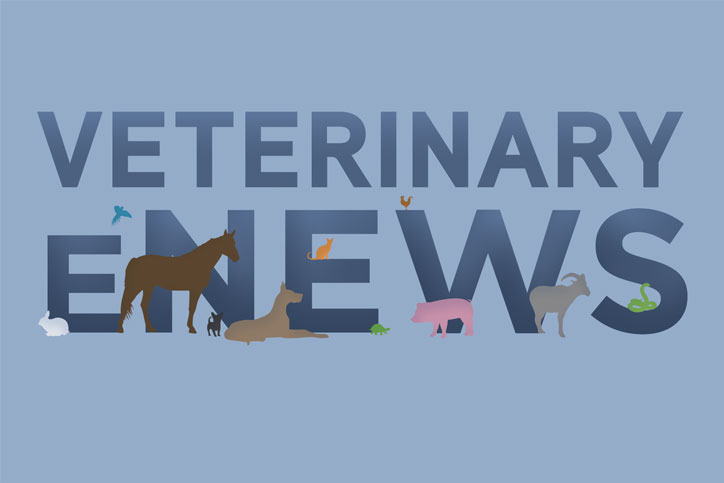

Use the button above to go to your member profile. Then select the "Continuing Education" tab on the left.

October 5-7th 2024
Cornell University College of Veterinary Medicine

Together with partners like UpState Veterinary Specialties, we are continually building an extensive library of online CE that is free to members

We have answers to hundreds of frequently asked questions. These include questions about complying with NY laws and regulations. If we don't have an answer, ask us and we will find it for you.

NYSVMS has partnered with CorpCare to bring you a completely confidential assistance program including 3 in-person free sessions with a a professional counselor. Call 888-252-7700 (members only)
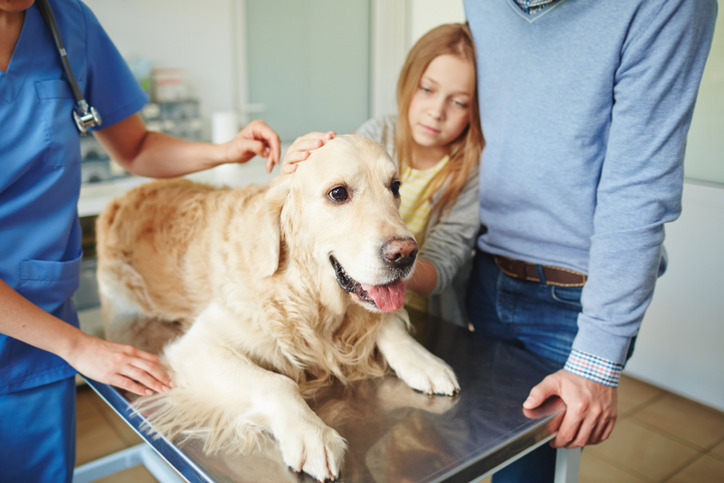
Visit our Pet Owner resources page to find an animal hospital, search for funding for veterinary care, or complain about your veterinarian
Legislative
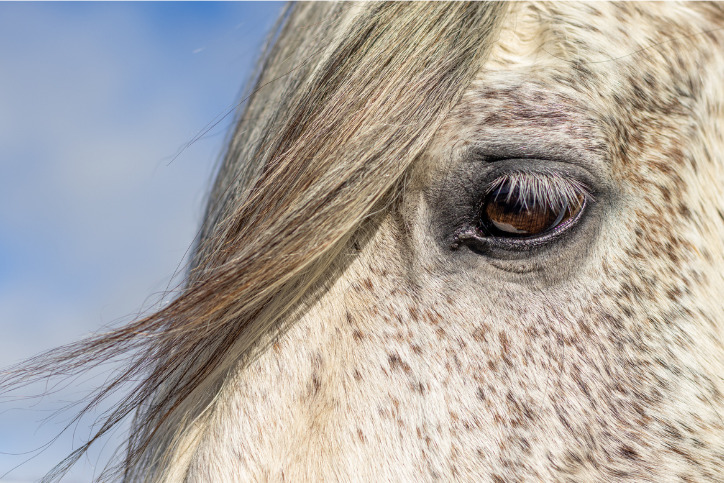

NYSVMS eNews The Horse Equine piroplasmosis, much like the well-known tick-borne illness Lyme disease, is transmitted to horses via tick saliva. However, the protozoan parasitesTheileria equiandBabesia caballicause piroplasmosis, whereas bacteria calledBorrelia.
This year’s NYS-VC features more than just CE classes NYSVMS Register now for the 2024 NYS-VC Saturday, October 5th to Monday, October 7th onsite at Cornell University CVM, online and on-demand at www.nysvc.org. The full conference schedule is posted on the.
Next discount registration rate deadline is August 20th! NYSVMS Register now for the 2024 NYS-VC Saturday, October 5th to Monday, October 7th onsite at Cornell University CVM, online and on-demand at www.nysvc.org. The full conference schedule is posted on the.


Learn more about the New York State Veterinary Care Funds
We provide animal welfare resources to support your commitment to animal health and happiness.

In NY State Veterinarians are provided with legal indemnity when they report animal abuse.
Reporting abuse is mandatory. But what is abuse? How do you report it? What happens then? We provide the answers and a series of webinars.

Our Animal Welfare committee has put together a comprehensive list of shelter medicine resources.
There are general guides to get you started, and in-depth procedures to help you set up SOPs at your animal shelter.

Sadly many horses in NY are experiencing neglect, abuse or cruelty. You may be the only person who gets to see what is really happening. That’s why knowing how to report abuse is so important.
The NYSVMS Equine Committee has put together a comprehensive FAQ to help you both follow the law, and do the right thing.
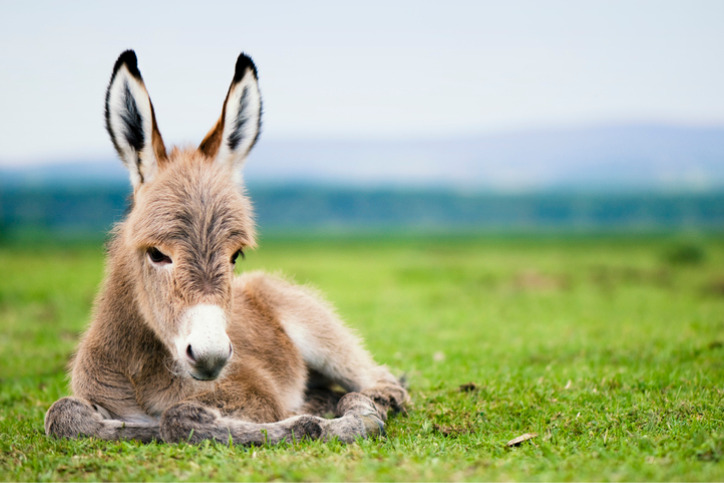
Donkeys are inhumanely killed for their skin as a source of ejiao (pronounced uh-jee-ow), a gelatin substance contained in Chinese beauty products, food, drinks, and traditional medicines. Although China is the major consumer of ejiao products, the US imports ~ $12 million dollars of ejiao products annually.

The NYSVMS Animal Welfare Committee has compiled a list of resources to help veterinarians find key information about ventilation shutdown.
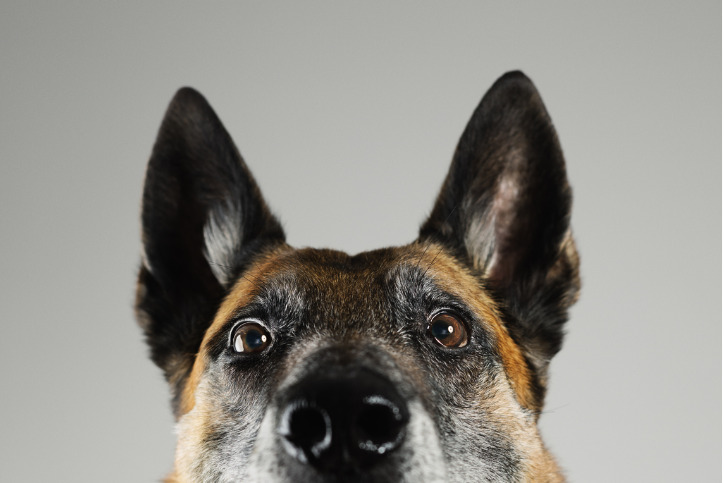
Join us during your drive to/from work to hear about veterinarians working to support their local shelter.
This series of Podcasts illustrates how private practice veterinarians can make a difference in their local community. We share stories and hear from experts to add a little inspiration to your day.
In 2022, the NYS Education Law was updated to provide legal indemnity for veterinarians who report animal cruelty, and to require reporting when abuse is observed.
Section 6714 of Article 135 of the Education Law is summarized here:
You are legally required to report animal abuse when in good faith you suspect it has led to an animal’s injury, illness or condition.
Under the law you can report to a police officer or an agent or officer of the American Society for the Prevention of Cruelty to Animals, or any duly incorporated society for the prevention of cruelty to animals.
The best place to report depends on which county you are in, and sometimes your local police station may redirect you somewhere else. To save you from searching around, the National Link Coalition publish an online list of where to report abuse in each NY county.
2. A veterinarian licensed pursuant to this article, may disclose records, as defined in this section, concerning a companion animal as defined in section three hundred fifty of the agriculture and markets law which has received treatment by such veterinarian without the consent of the companion animal’s owner under the following circumstances:
(a) When a veterinarian reasonably and in good faith suspects that a companion animal’s injury, illness or condition is the result of animal cruelty in violation of section three hundred fifty-one, three hundred fifty-three or three hundred fifty-three-a of the agriculture and markets law, the veterinarian shall report the incident and disclose records concerning the companion animal’s condition and treatment to any officer or agent authorized pursuant to sections three hundred seventy-one and three hundred seventy-three of the agriculture and markets law to respond to and investigate complaints of animal cruelty.
The identity of such veterinarian making a report pursuant to this paragraph shall only be made available to an officer or agent authorized pursuant to section three hundred seventy-one or three hundred seventy-three of the agriculture and markets law.
(b) When a veterinarian reasonably believes that disclosure of records as defined in this section, is necessary to protect the health or welfare of a companion animal, a person or the public, the veterinarian may disclose such records to any officer or agent authorized pursuant to sections three hundred seventy-one and three hundred seventy-three of the agriculture and markets law to respond to and investigate complaints of animal cruelty. The identity of such veterinarian making a disclosure of records pursuant to this paragraph shall only be made available to an officer or agent authorized pursuant to section three hundred seventy-one or three hundred seventy-three of the agriculture and markets law.
(c) Any such veterinarian who reports an incident or discloses records concerning a companion animal’s condition and treatment pursuant to paragraph (a) or (b) of this subdivision shall be entitled to receive and be provided with, at no cost to such veterinarian, written or electronic documentation of such report by the agent or officer to whom such report was made. Such report shall include but not be limited to the date such report was made, the identity of the individual against whom such report was made, the species and description of the animal about which such report was made, the nature of the injuries to the animal and the name and license number of the veterinarian who made such report.